
Medicine cabinets are an essential part of any bathroom, providing storage space for medications, toiletries, and other personal items. However, over time, these cabinets can become rusty, making them not only unsightly but also potentially hazardous to your health. Rust can also cause damage to the cabinet, making it difficult to open and close. In this article, we will discuss how to remove rust from medicine cabinets and restore them to their former glory.
Why Do Medicine Cabinets Rust?
Before we dive into the methods of removing rust from medicine cabinets, it's essential to understand why they rust in the first place. Medicine cabinets are typically made of metal, which is prone to rusting when exposed to moisture and oxygen. Bathrooms are often humid environments, and if the cabinet is not properly sealed, moisture can seep in and cause rust to form.
Another common cause of rust in medicine cabinets is the use of harsh cleaning chemicals. These chemicals can strip away the protective coating on the metal, leaving it vulnerable to rust. Additionally, if the cabinet is scratched or dented, it can create a pathway for moisture to enter and cause rust.
Method 1: Using Baking Soda and Vinegar
One of the most effective and natural ways to remove rust from medicine cabinets is by using a combination of baking soda and vinegar. Baking soda is a mild abrasive that can help scrub away rust, while vinegar is acidic and can dissolve rust.
To use this method, you will need:
- Baking soda
- White vinegar
- A soft cloth or sponge
- A bowl or container
- Water
Start by mixing equal parts baking soda and white vinegar in a bowl or container. You will need enough of this mixture to cover the rusted areas of your medicine cabinet. Dip your cloth or sponge into the mixture and apply it to the rusted areas of the cabinet. Make sure to cover the rust completely. Let the mixture sit on the rust for at least 30 minutes. This will give the baking soda and vinegar enough time to work on dissolving the rust. After 30 minutes, use the cloth or sponge to scrub the rusted areas. You should see the rust coming off easily. Rinse the cabinet with water and dry it with a clean cloth.
Method 2: Using Lemon and Salt
Another natural and effective method for removing rust from medicine cabinets is by using lemon and salt. Lemon is acidic and can help dissolve rust, while salt acts as a mild abrasive to scrub away the rust.
To use this method, you will need:
- A lemon
- Salt
- A soft cloth or sponge
- Water
- Cut the lemon in half and sprinkle salt on one of the cut sides.
- Use the lemon to scrub the rusted areas of your medicine cabinet. The salt will act as an abrasive, while the lemon juice will help dissolve the rust.
- Continue scrubbing until the rust is completely removed.
- Rinse the cabinet with water and dry it with a clean cloth.
Method 3: Using a Rust Remover Product
If the rust on your medicine cabinet is severe, you may need to use a commercial rust remover product. These products are specifically designed to dissolve rust and are readily available at most hardware stores.
To use a rust remover product, follow the instructions on the packaging carefully. Typically, you will need to apply the product to the rusted areas and let it sit for a specific amount of time before scrubbing it off. Make sure to wear gloves and protective eyewear when using these products.
Preventing Rust in Medicine Cabinets
Now that you know how to remove rust from medicine cabinets let's discuss some preventive measures to keep your cabinets rust-free in the future.
- Keep your bathroom well-ventilated to prevent excess moisture from building up.
- Seal any cracks or gaps in your medicine cabinet to prevent moisture from seeping in.
- Avoid using harsh cleaning chemicals on your medicine cabinet. Instead, opt for natural cleaning solutions like baking soda and vinegar.
- Regularly inspect your medicine cabinet for any signs of rust and address them promptly to prevent further damage.
When to Replace Your Medicine Cabinet
In some cases, the rust on your medicine cabinet may be too severe to remove, or the cabinet may be too damaged to repair. In such cases, it's best to replace the cabinet entirely. Here are some signs that it's time to replace your medicine cabinet:
- The rust has caused significant damage to the cabinet, making it difficult to open and close.
- The cabinet is no longer sturdy and may pose a safety hazard.
- The rust has spread to other areas of the cabinet, making it impossible to remove completely.
Rust can be a common problem in medicine cabinets, but it's not something that you have to live with. By using natural cleaning solutions like baking soda and vinegar or lemon and salt, you can easily remove rust from your medicine cabinet and restore it to its former glory. Remember to take preventive measures to keep your cabinet rust-free in the future, and if the rust is too severe, don't hesitate to replace the cabinet entirely. With these tips, you can keep your medicine cabinet looking clean and new for years to come.

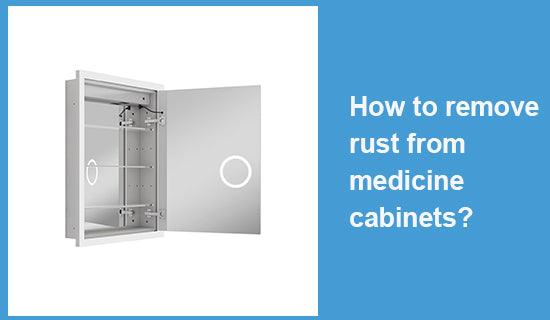
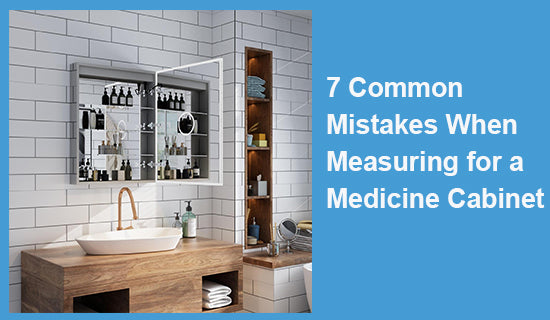
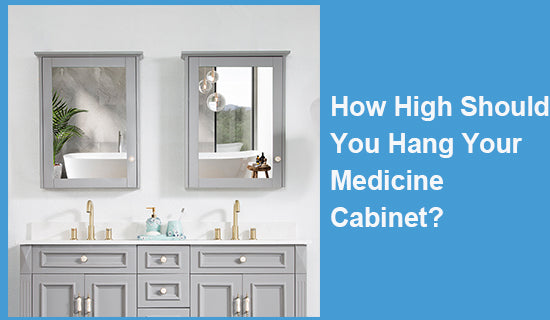
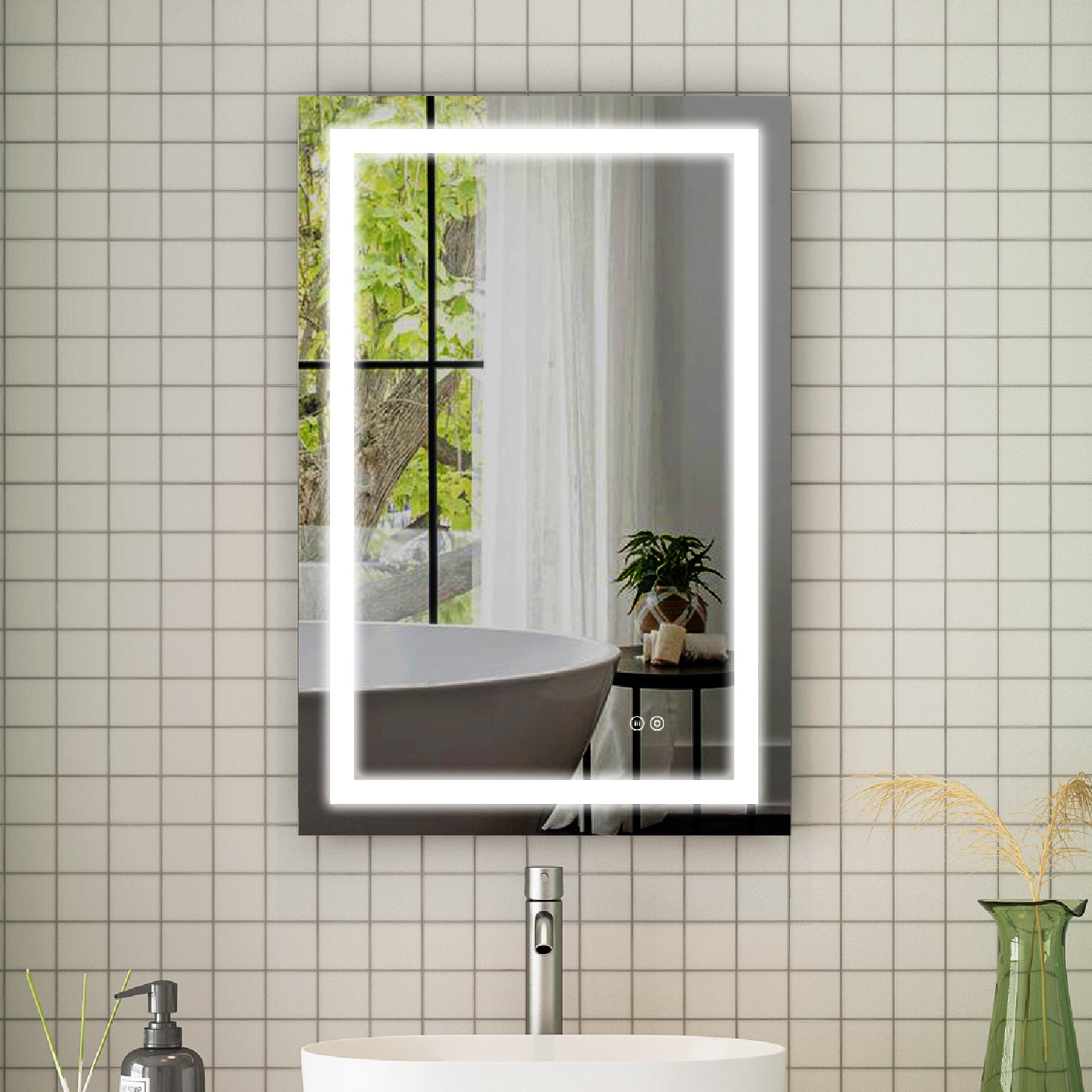

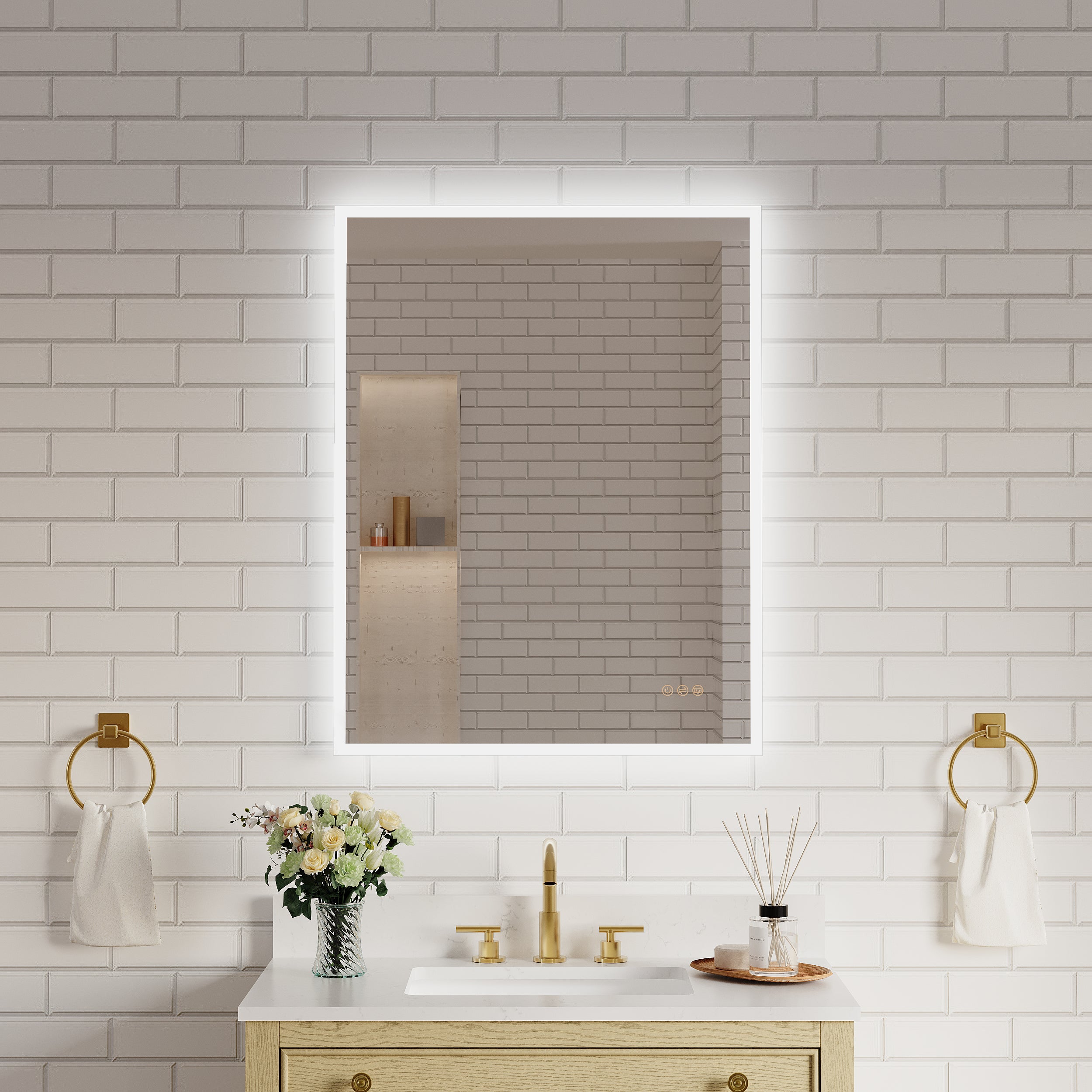

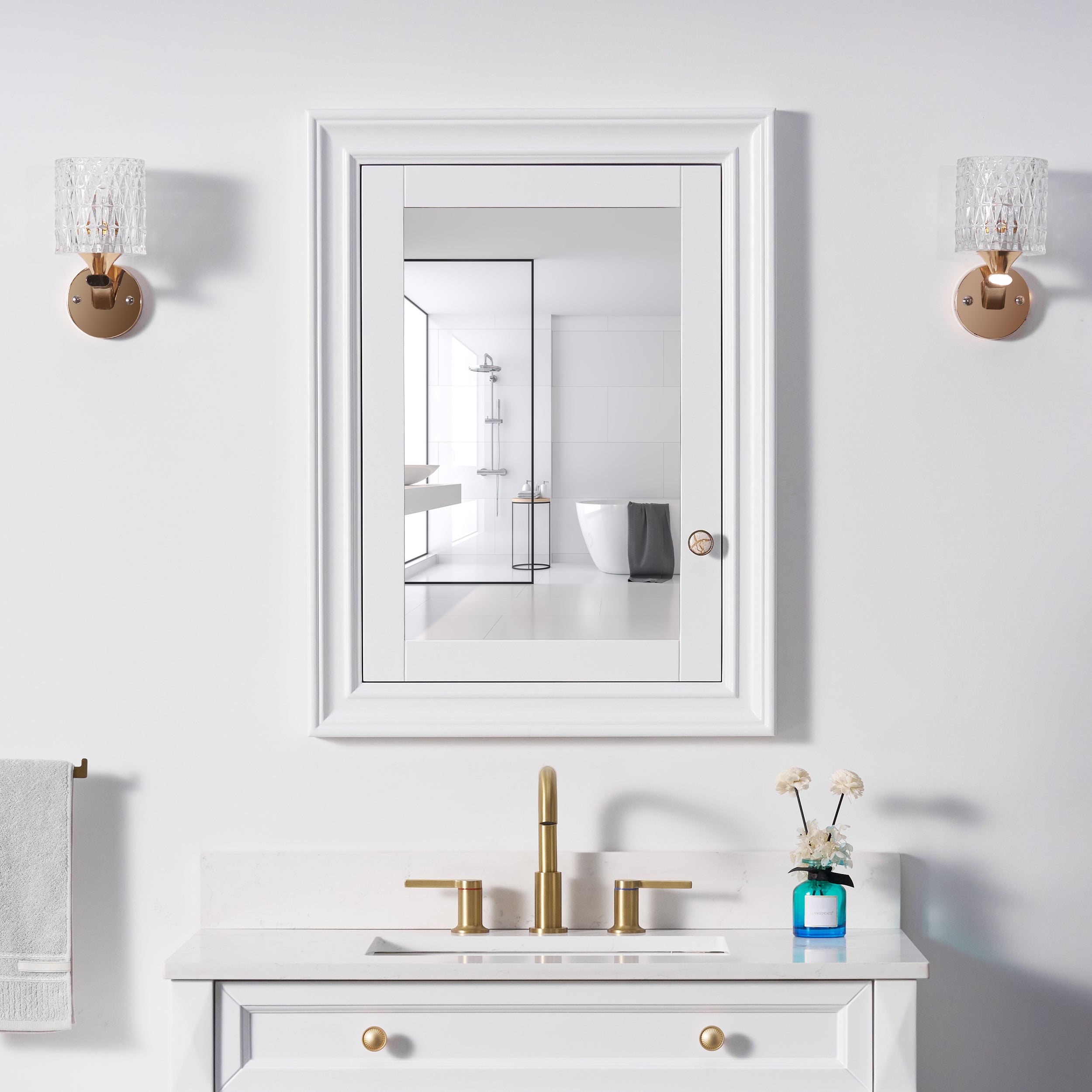
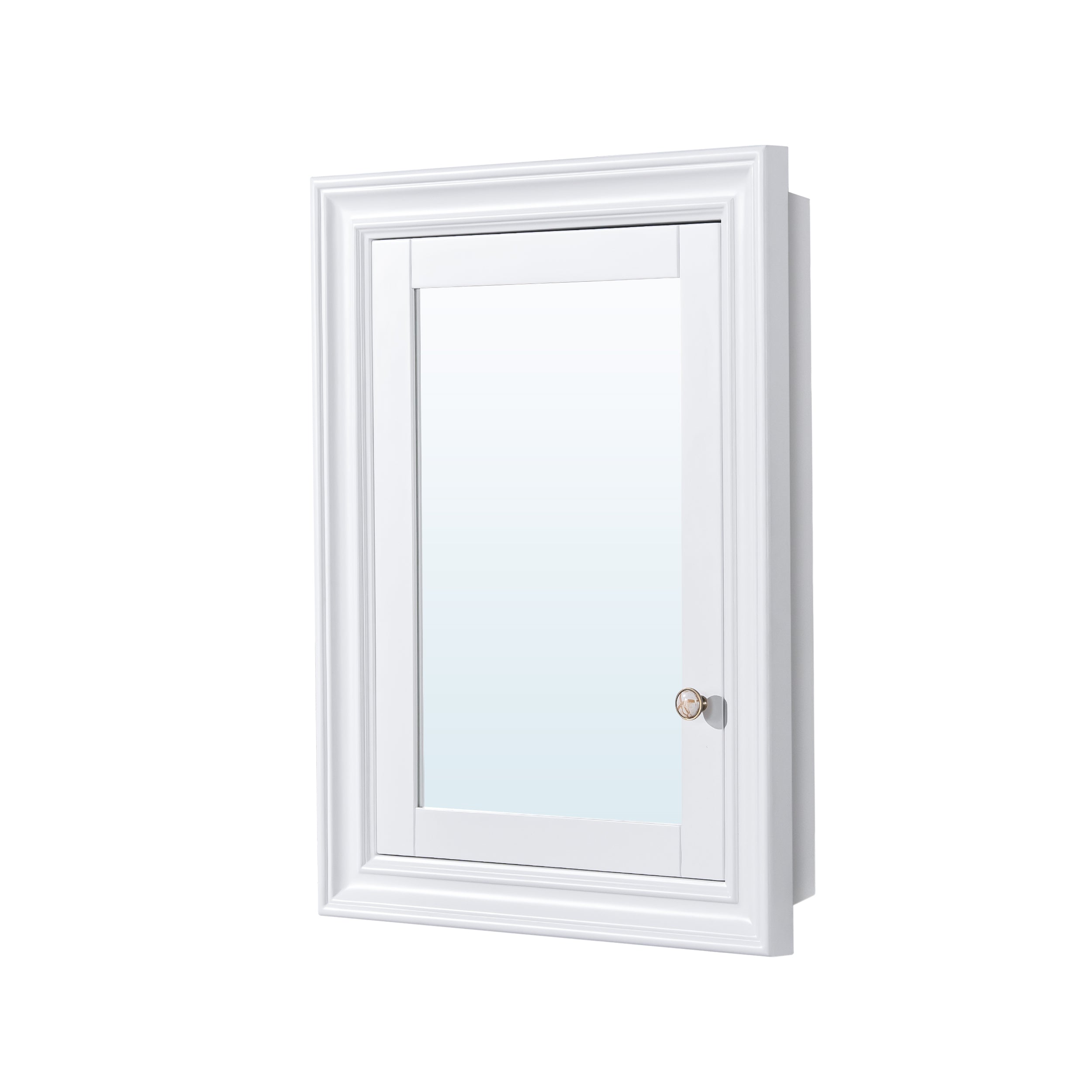
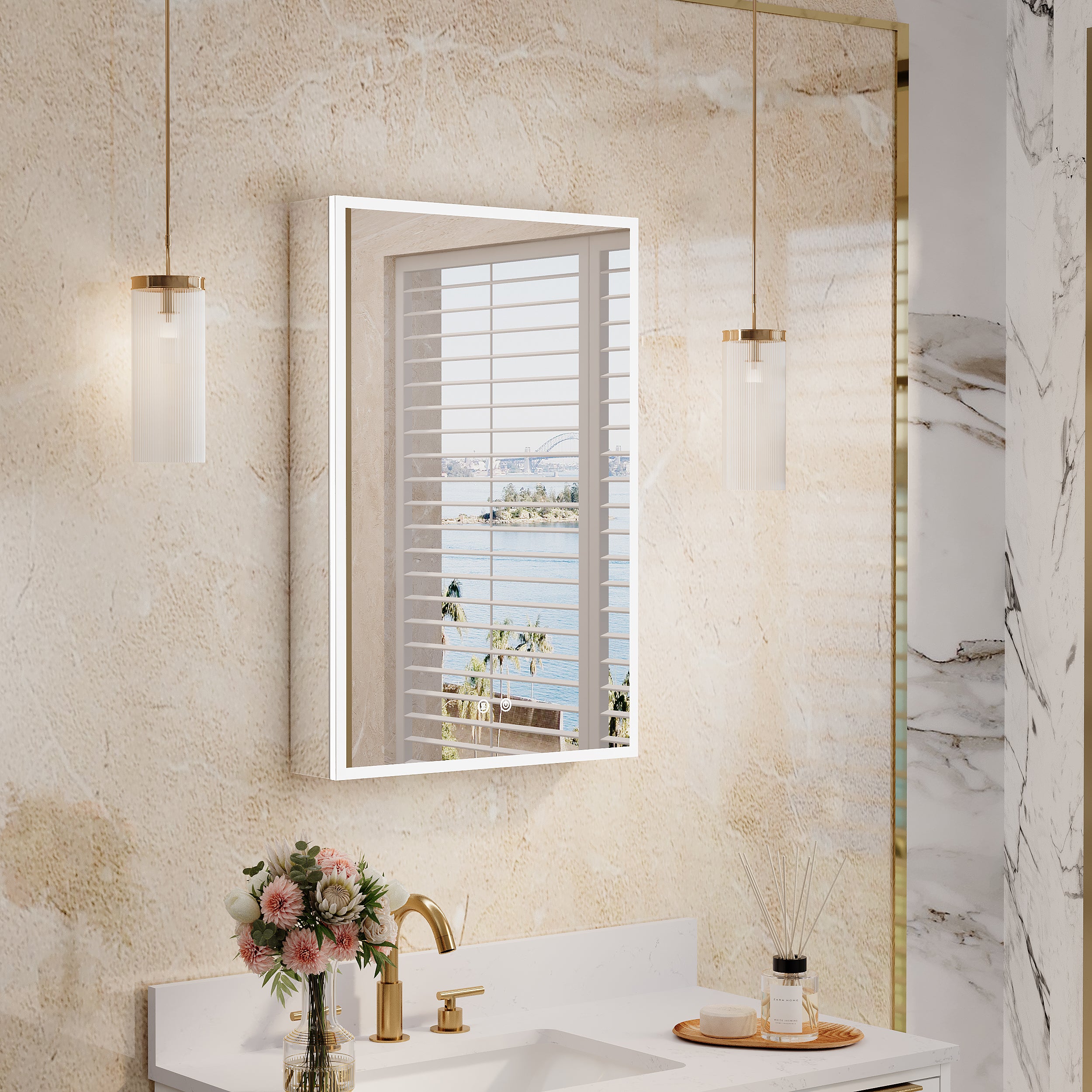
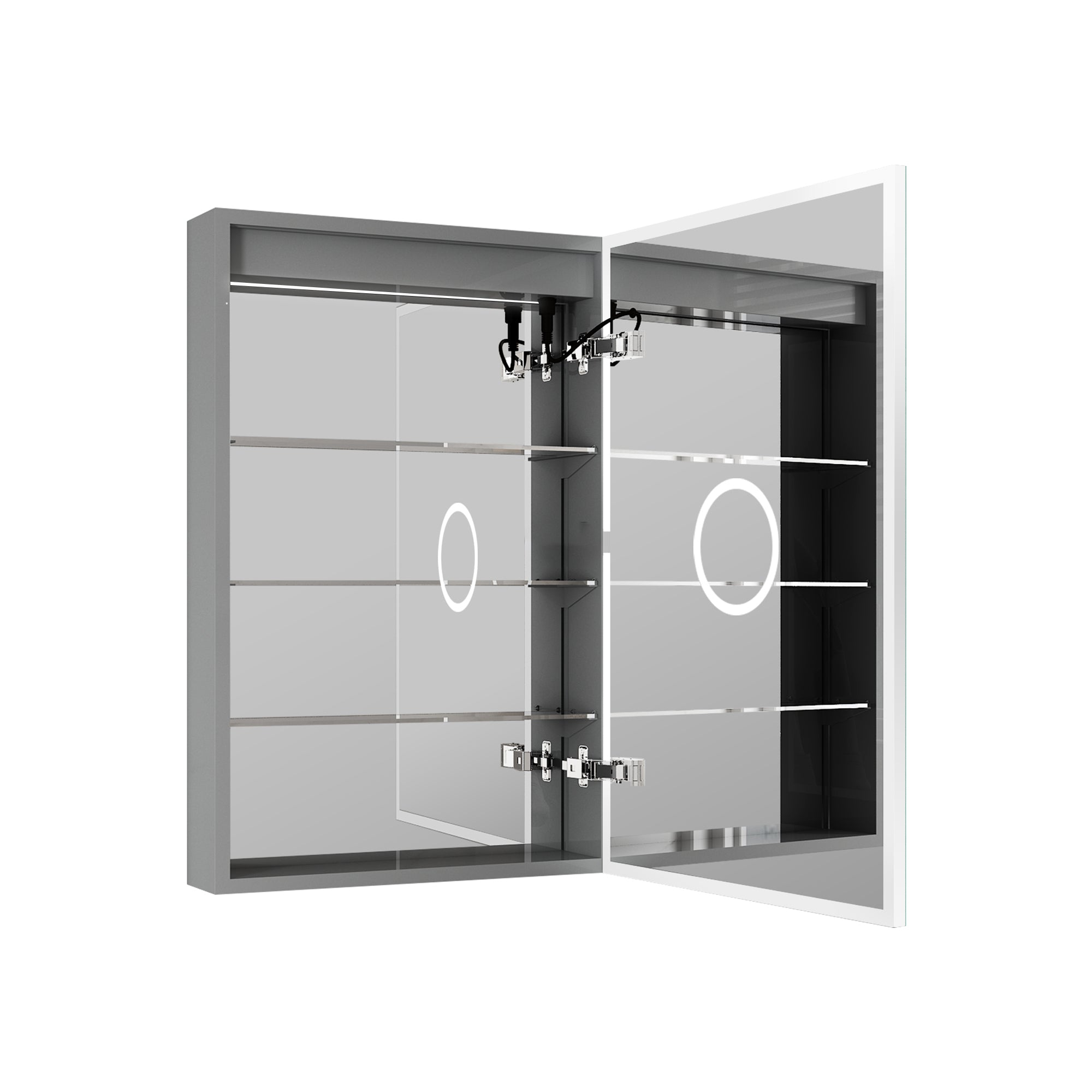
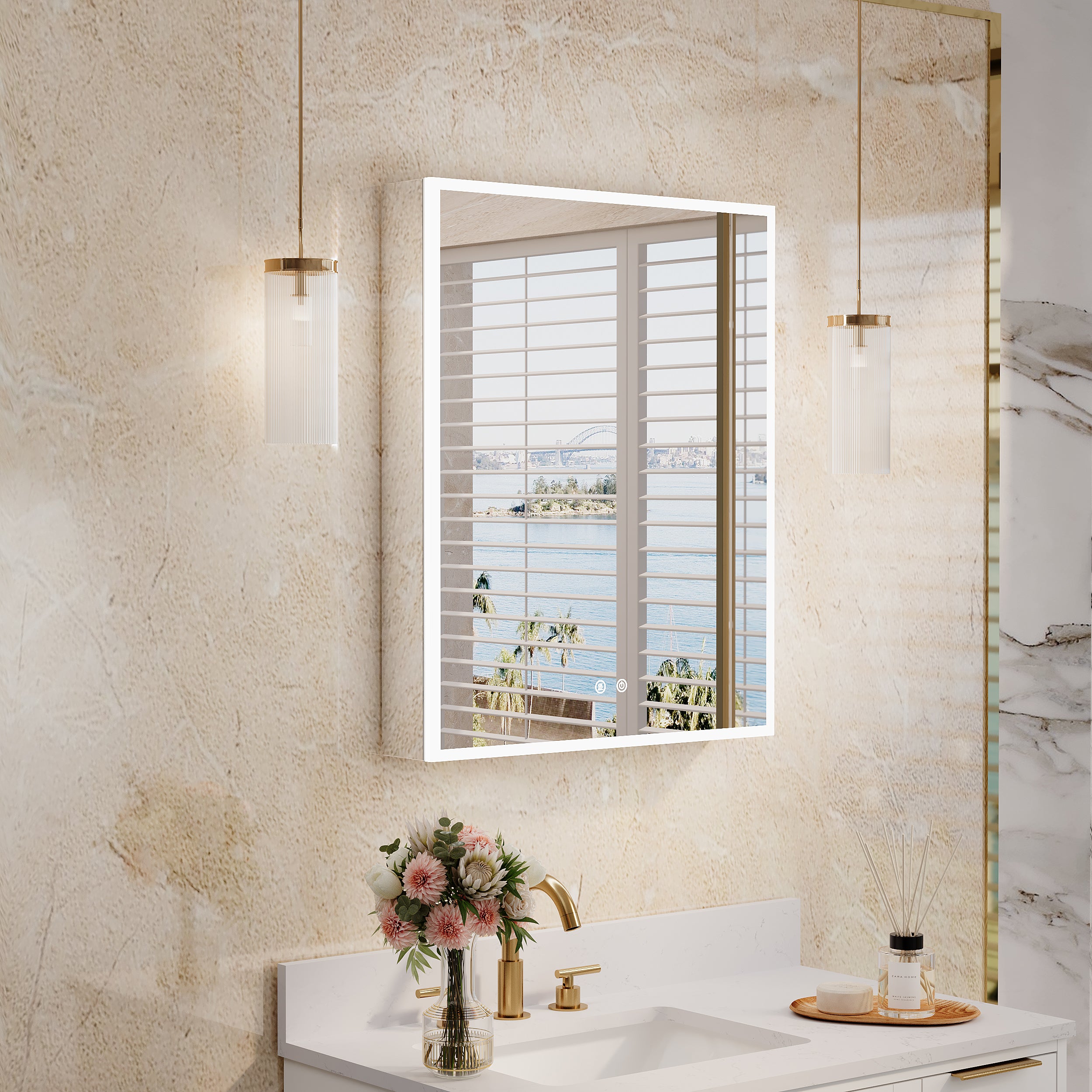
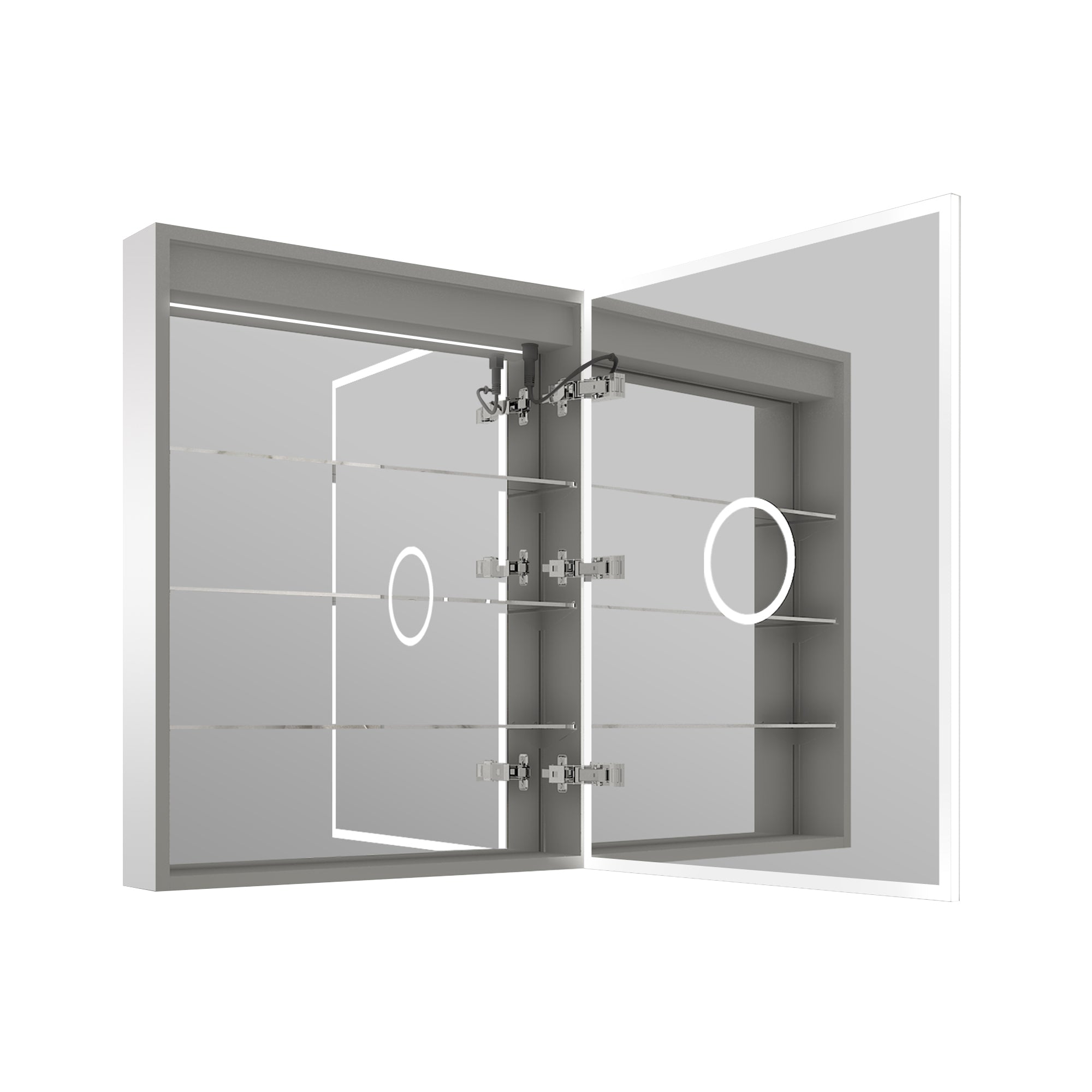
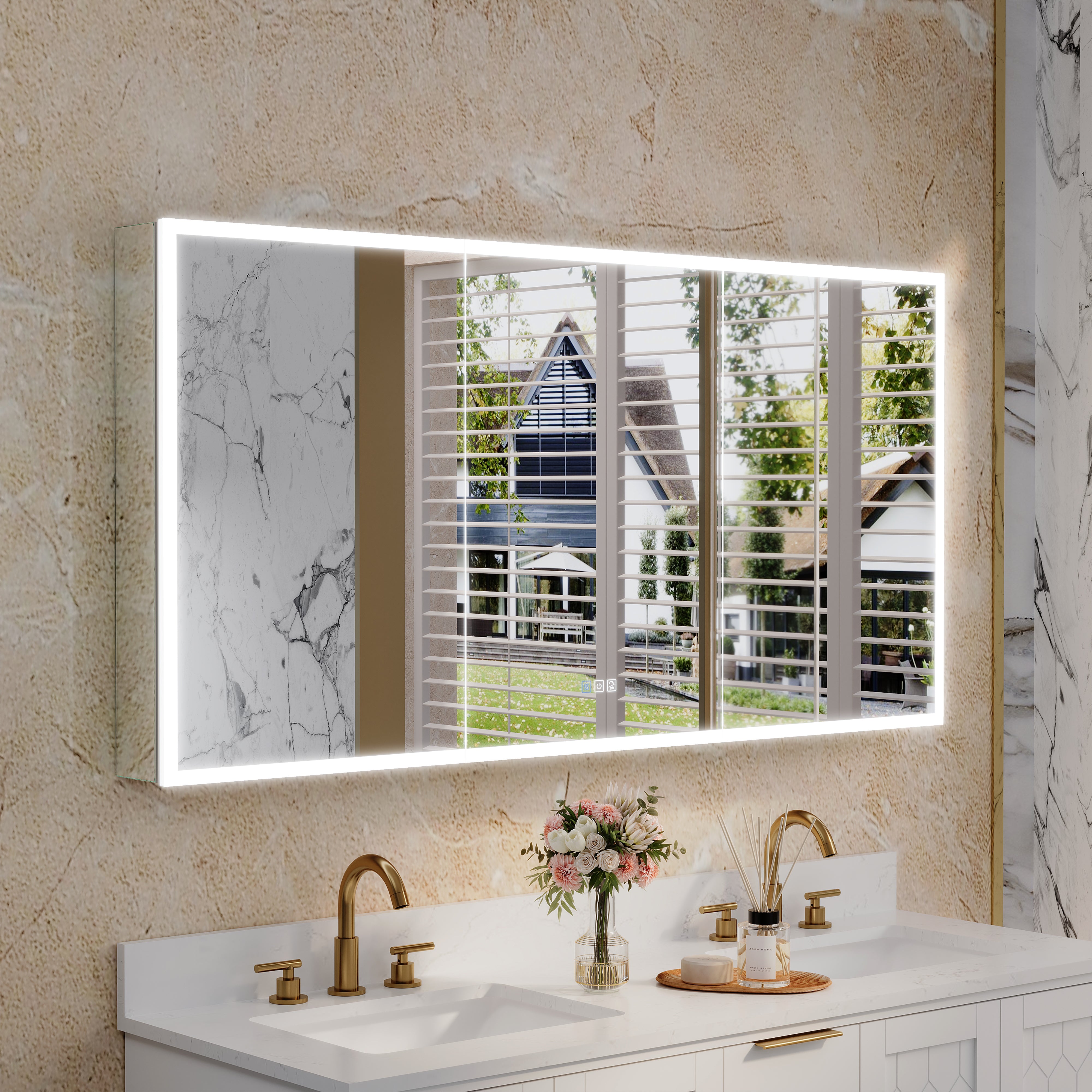

Leave a comment
This site is protected by hCaptcha and the hCaptcha Privacy Policy and Terms of Service apply.